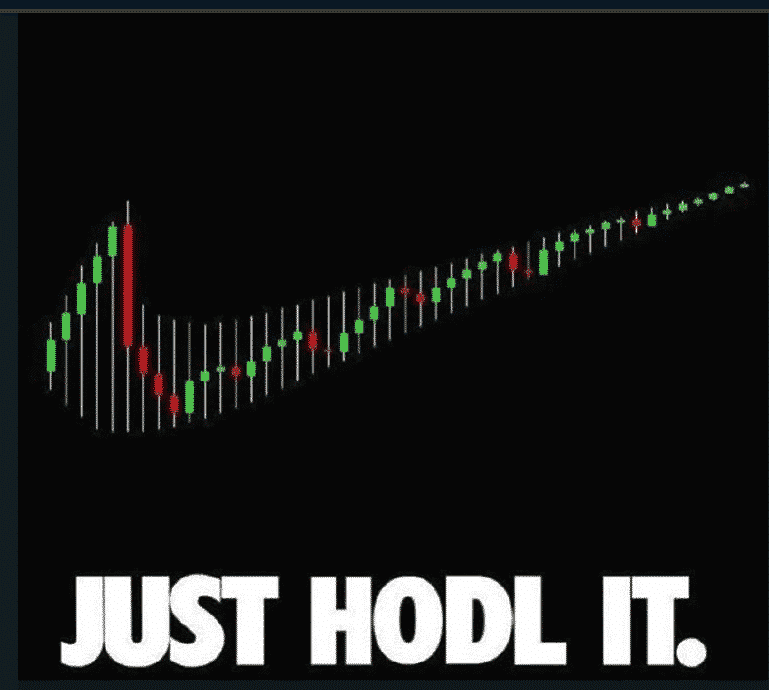Sources with knowledge of the matter have shared with Finance Magnates that a number of brokers are materially reducing their exposure to Cryptocurrencies . After the initial excitement about Bitcoin futures passed, brokers realize that hedging their exposure via the CBOE and the CME Group is not a feasible option for now.
Collateral requirements of the Chicago-based exchanges total to 44% for the smaller CBOE contract and 35% for the CME Group's contract. Brokers willing to hedge an exposure that is worth 5 BTC would need to post between $33,750 and $41,800 with the exchanges. They would hence need to require the same amount from their clients and this makes the product even less attractive and quite niche.
Another major issue is that risk management is virtually unavailable during weekends, cause let's face it, the BTC market is quite illiquid and any Black Swan on Saturday and Sunday on the physical BTC market can result in a 50% crash in a matter of hours.
Brokers did not expect that the cryptocurrency market would continue to be one-sided for so long. Apparently, traders have been making a buck with market makers, and clearing long trades on cryptocurrencies has become extremely difficult.
[gptAdvertisement]
More Limitations to Crypto CFDs
As a result, some brokers have outright suspended their offerings while others have started limiting exposure by preventing new positions from being opened. Some firms have drastically reduced payouts to affiliates on traffic that is bringing them new crypto traders.
The one-sided nature of the crypto market so far has surprised risk management teams that are used to handling flow that is usually advantageous to the broker.
Brokers have been losing money not only on the market but also from paying hefty fees to their affiliates. While for the most of the year there was a reasonable two-way action in the market, since the beginning of November cryptocurrencies have been moving in only one direction: up. Not just that, but the majority of clients are firmly committed to buying.
Buy and Hold Works
The most commonly used tactic by retail traders is to buy and hold the cryptocurrency until they realize some gains and close out their positions. After they have booked profits, clients are withdrawing their funds, causing a double whammy for brokers that are used to having traders continue trading with the collateral they gather on their accounts.
At the end of November, we reported that some firms have started limiting their exposure and resorted to creative ways to manage their risks. While some companies have been charging exorbitant fees on holding positions overnight, others simply limited trading to close-only. That didn't prevent a number of firms from losing millions during the Bitcoin Cash flash action around the SegWit2x fork disaster.


















